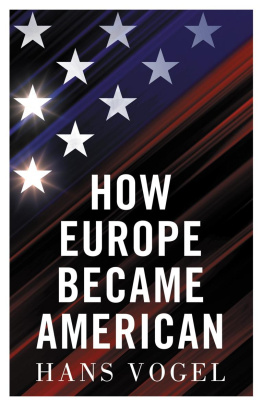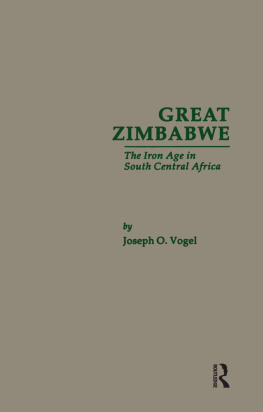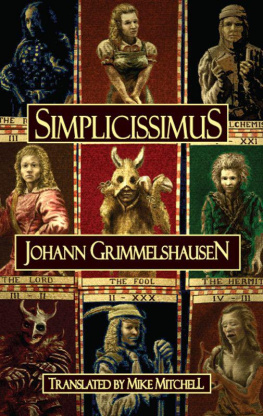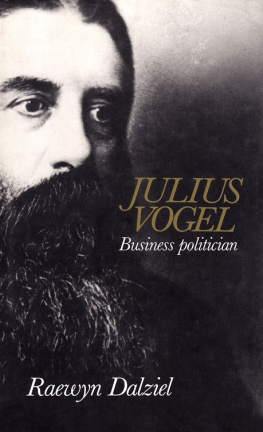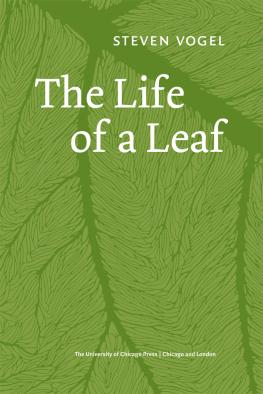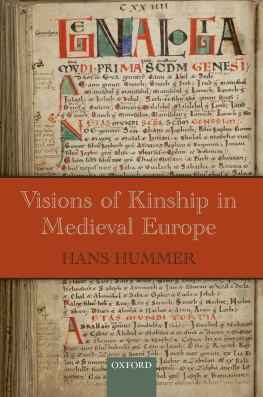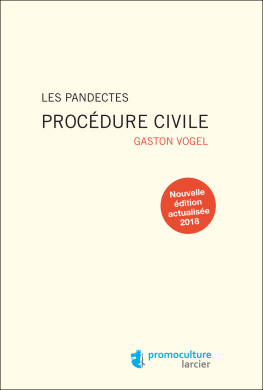Arktos
London 2021
Copyright 2021 by Arktos Media Ltd.
All rights reserved. No part of this book may be reproduced or utilised in any form or by any means (whether electronic or mechanical), including photocopying, recording or by any information storage and retrieval system, without permission in writing from the publisher.
Arktos.com | Telegram | Facebook | Twitter | Instagram | Gab.ai | Minds.com | YouTube
ISBN
978-1-914208-00-3 (Softcover)
978-1-914208-01-0 (Hardback)
978-1-914208-02-7 (Ebook)
Editing
Constantin von Hoffmeister
Cover and Layout
Tor Westman
Acknowledgements
N o one can write a book without the help of others and neither could I. Therefore, I want to express my gratitude to those who have read the manuscript: Jerzy Bem, Michael Palmer, Jacob van der Goot, John Mossman and Marjan Smits.
Their critical comments and observations were invaluable and have helped me correct mistakes and focus more precisely.
Most emphatically, I want to thank Michael Palmer for having scrupulously revised and edited the definitive manuscript. Special thanks are due to Constantin von Hoffmeister and Tor Westman, of Arktos, for their enthusiasm and professionalism in preparing the manuscript for publication.
Of course, I assume full responsibility for the final contents.
To Isaac, Ami, Anna, Fia,
Josephine and Philip
Introduction
T he past is a giant, mysterious kingdom where all of us have been, and to which it is impossible to return. With each day that passes, this kingdom grows in size. The more distant parts of the kingdom we will never know, except through the stories of others who were there once and most of whom will be long dead by the time we read their accounts. Only with the help of such accounts, or sources, are we able to piece together a somewhat coherent image of the past.
By definition, therefore, it is impossible to produce a narrative about the past that is forever and always true. We should always be prepared to adjust the narrative and our views of the past. In this respect, the scholarly discipline known as history is like any of the hard sciences, such as physics, where new evidence should always compel us to review cherished values and beliefs.
It would be naive to believe that anyone should gladly part with ideas cherished over a lifetime. At first, one tries to explain away the evidence, or pretends it does not exist, but eventually one has to face the facts and deal with them. Psychologists have come up with the term cognitive dissonance for this phenomenon. Most people tend to ignore new evidence that challenges their cherished beliefs for as long as they can, but eventually they just have to face the facts.
So it is with history. However, with history matters are a bit more complicated. Quite a bit more complicated, really, because history and historical truth nearly always have a political and social, even economic dimension which encroaches on the present. Questioning established historical narratives may therefore provoke strong reactions. From the powers that be in the first place, but also from the general public, since nobody likes to find out he has been led astray, in having been told to believe things that ultimately turn out to be lies. In other words, it is impossible to establish a historical truth that is valid always and under all circumstances.
Totalitarian regimes generally fail to grasp this self-evident reality and therefore never cease to try and impose their own official version of history. Woe to those who endeavor to express doubts about official narratives! That is because all non-free societies need to be held together with a framework of coercive measures, one of which is a centrally established narrative about that mysterious kingdom called the past. This is then official history. All societies, all states, indeed all organizations, need myths (or history) in order to maintain cohesion and survive.
Yet even free societies have an official history, if only because history cannot be taught in schools without an official history as a point of reference. Ideally, such a centralized narrative should need to be adjusted regularly, in accordance with newly discovered sources or fresh insights. On the other hand, it is immediately apparent that there is bound to be opposition to any attempts to modify a centrally endorsed narrative: teachers, principals, school text publishers, librarians often do not really welcome changes in the curriculum.
The less free a society, the stronger the opposition to attempts at modifying the centralized narrative. In extreme cases, such as the former USSR and its satellites, or Nazi Germany, there was a highly elaborated official history that could under no circumstances be questioned. Dissent was ruthlessly punished. In this respect, however, such totalitarian states were not fundamentally different from most Ancien Rgime European states. Today, only primitive autocracies and Mohammedan states still have little or no freedom of speech. In modern Western democracies, however, freedom of speech is enshrined in constitutions and upheld through international treaties. Nevertheless, even in modern Western states it is difficult to criticize official history.
One narrative that seems impervious to any kind of reconsideration, no matter how small, is the cornerstone of the post-World War II international order: the narrative about the Good War, the Second World War. This includes the lead-up to the war, all the way back to the First World War. The narrative culminates in 1945 with the victory of good over evil, namely of the US, Britain and the Soviet Union over Germany, Italy and Japan. In a certain sense, the final defeat of Germany and Japan is represented as the end of history, half a century before Francis Fukuyama made the expression famous in another context.
The standard narrative of the Good War is all around us and has been so for quite some timenot only in the curricula of schools and colleges, in textbooks, but also in movies and TV series. Hence, we are all familiar with the stereotypes: the brutal and stupid German soldier, the sophisticated, cruel SS officer, the sadistic, grinning Jap, the phlegmatic, tea-sipping Brit, and the ultimate savior of Western Civilization: the jovial, gum-chewing GI. For these, as for all stereotypes, there may be some historical justification. Yet with almost a century separating us today from the original historical reality, it has become impossible to check their veracity. Some characters are completely absent from the cast: for instance, the Red Army soldier. If there is one giant fact conspicuously absent from the standard Western narrative, it is the part played by the Red Army in defeating Germany. Actually, the Germans were defeated by the Soviets and definitely not by the British and the Americans. The landings in Sicily, on Anzio Beach and even in Normandy, were no more than sideshows in comparison with what was taking place in the east of Europe. Yet if we are to believe what Hollywood and the standard narrative have been telling us, it was the other way around. This may be precisely why the commemoration of the 1944 Allied landings in Normandy has become such an important event: it serves to distort historical reality by focusing on one battle alone.
The room for historical dissent is quite limited. Whoever wants to shoot a movie challenging the standard narrative will not find funding; and even if he does, the movie will not be put in circulation or shown on TV. Wikipedia will condemn it, and Google, Facebook and Twitter will censor it as well. PhD students with projects questioning accepted truths will not find a thesis director. PhDs having managed to bypass these obstacles will find no job and certainly not get tenure. Publishers will refuse manuscripts, bookstores will not sell unwelcome books and Amazon will certainly censor these. Nor will scholarly journals and press outlets review books challenging orthodoxy.



